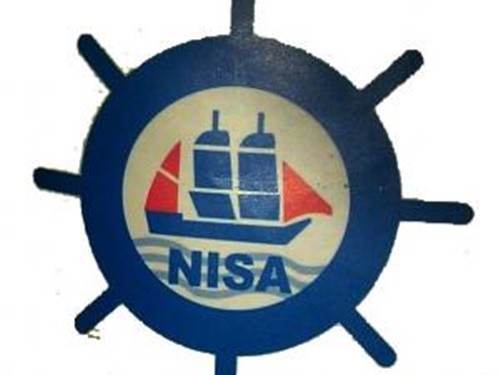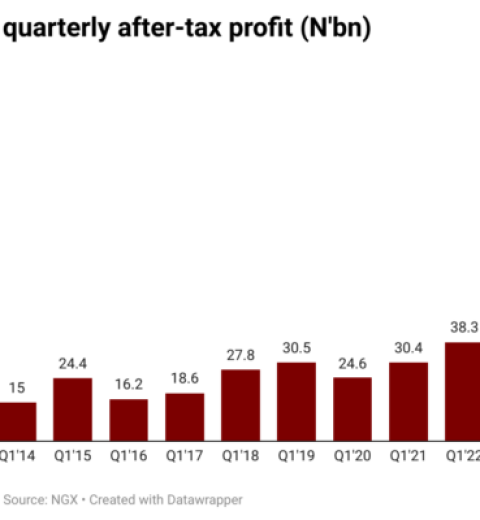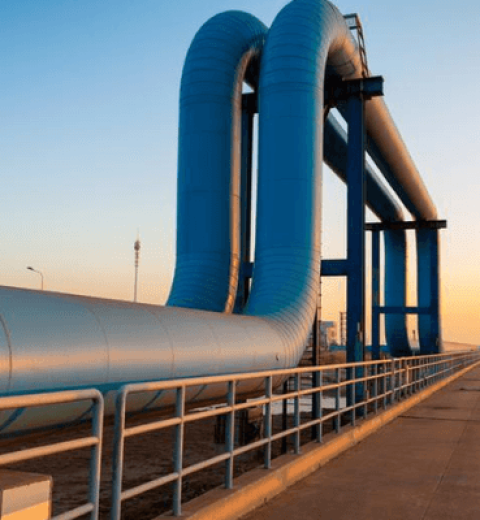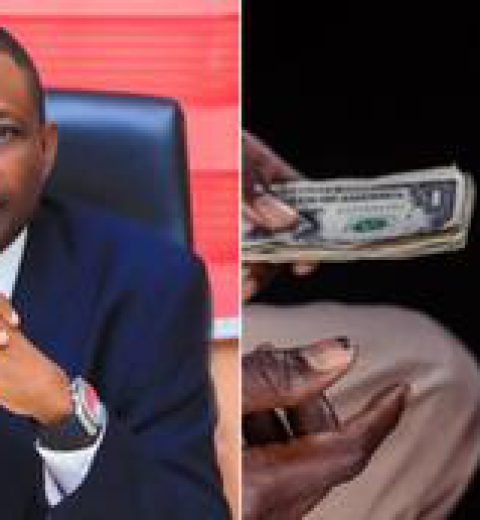
Maritime experts have highlighted that Nigeria is experiencing an annual loss of $9.2 billion due to foreign shipping lines handling cargo that should ideally be managed by a national fleet.
During the inauguration of the new executives of the Shipowners Association of Nigeria in Lagos, Hassan Bello, a former Chairman of the National Fleet Implementation Committee, underscored the significance of a private sector-driven national fleet initiative.
Bello emphasized the substantial economic impact of this loss, pointing out that funds that could benefit Nigeria are instead flowing to foreign-owned shipping companies.
This situation, he noted, not only deprives Nigeria of revenue but also leads to employment opportunities for foreigners.
He stressed the importance of indigenous participation in international trade, highlighting that the majority of global trade relies on maritime transportation.
Bello urged concerted efforts to address this issue and emphasized the role of the Shipowners Association of Nigeria in driving progress in the maritime sector.
The former executive secretary of the Nigerian Shippers Council expressed concern over Nigeria’s reliance on a monoculture economy, heavily dependent on the export of a sole commodity, namely crude oil.
“We need to establish and manage our own fleet of ships, driven purely by the private sector, supported by government incentives such as tax breaks and a favorable regulatory environment. We must act swiftly in implementing these measures, as other nations have done successfully. We’re discussing tax incentives, fiscal policies, legal reforms, and policy adjustments,” he emphasized.
Additionally, Dr. McGeorge Onyung, the immediate past President of SOAN and Managing Director of Jevkon Oil & Gas, expressed regret that Nigeria was failing to capitalize on the $14 trillion ocean economy. He highlighted a missed opportunity in ferrying equipment for the Lagos-Calabar rail line project from China, enriching Chinese shipowners instead of retaining the freight revenue domestically.
“The economic growth of our nation hinges on diversifying into the ocean economy. Remember, without shipping, there’s no shopping. Now, as we construct a railway from Lagos to Calabar, all the materials must be shipped in, generating revenue for us. We should start earning from this before the railway is completed,” he emphasized.
Meanwhile, Sonny Eja, the newly appointed President of SOAN, expressed concern over the adverse impact of inadequate ship acquisitions on Nigeria’s maritime sector.
Nevertheless, he affirmed that the association would collaborate to tackle the challenges posed by a swiftly changing environment and overcome the various issues affecting shipping, particularly ship procurement.
Stay updated and stay ahead of the game! For more instant updates, breaking news, and exclusive content on business news, follow Lagosstate.com. Don’t let any headline slip by!



